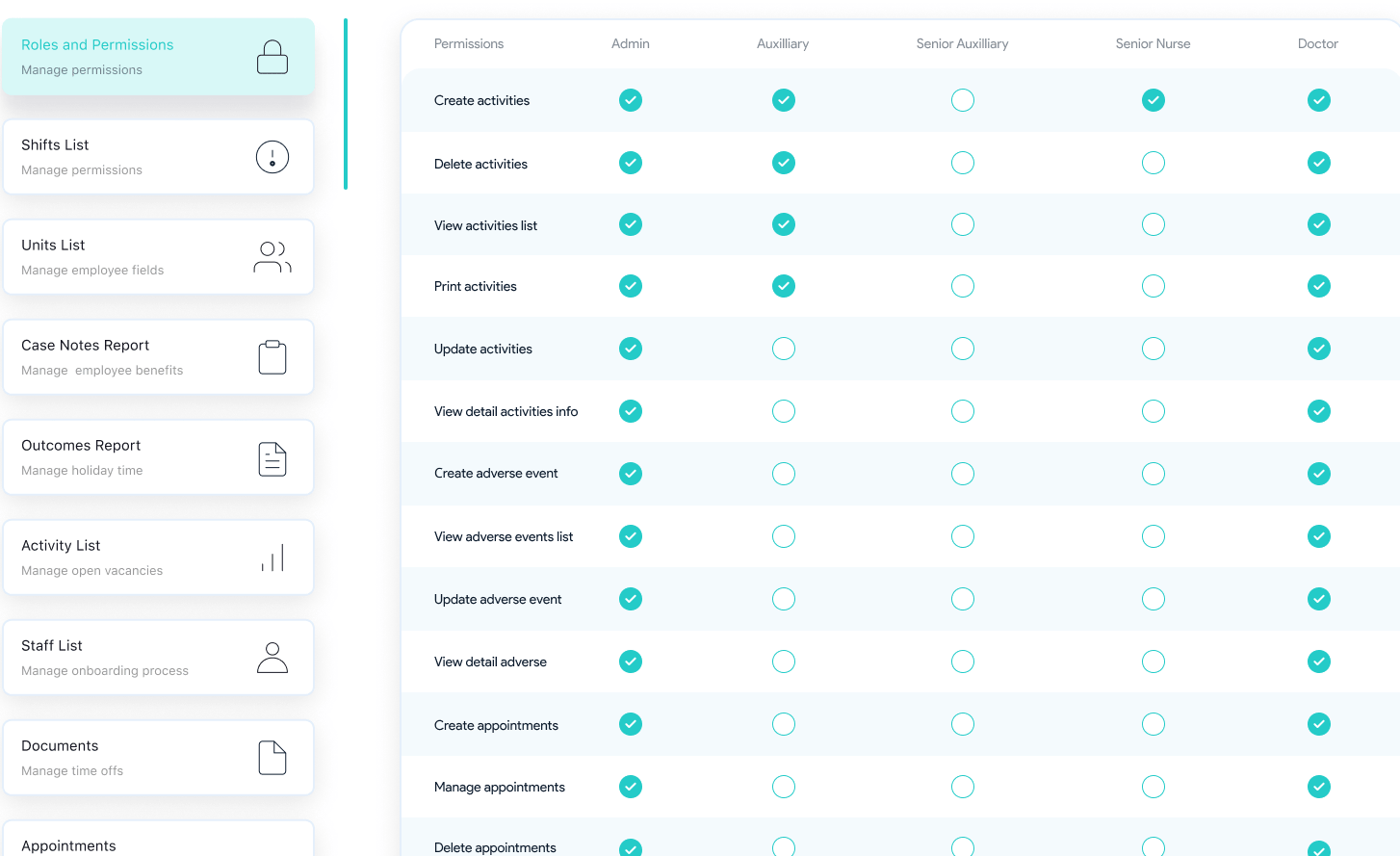Electronic Health Record Features

Intelligent Data Extraction & Entry Automation
AI-powered Natural Language Processing (NLP) extracts relevant information from clinical notes, lab reports, and imaging results, automatically updating EHRs.
Clinical Decision Support System (CDSS) Integration
AI-enabled CDSS can offer real-time alerts, suggest diagnoses, and recommend evidence-based treatments.
Predictive Analytics for Patient Outcomes
AI models can identify at-risk patients by analyzing patterns in EHR data, enabling early intervention for conditions like heart failure or hospital readmissions.
Data Security
AI can anonymize or de-identify patient data within EHRs for use in research, training, or data sharing in compliance with data protection regulations like HIPAA.
Personalized Patient Engagement Tools
AI-driven patient portals provide tailored health education, medication reminders, and follow-up plans based on individual health profiles.
Interoperability & Data Harmonization
AI standardizes and translates data from different sources and formats into a unified structure, making it easier to share EHRs across systems, providers, and geographies.

